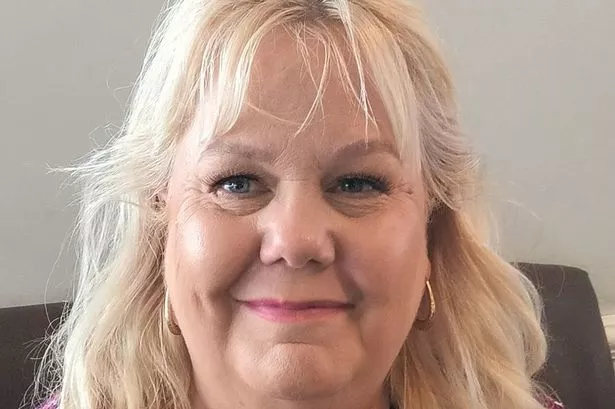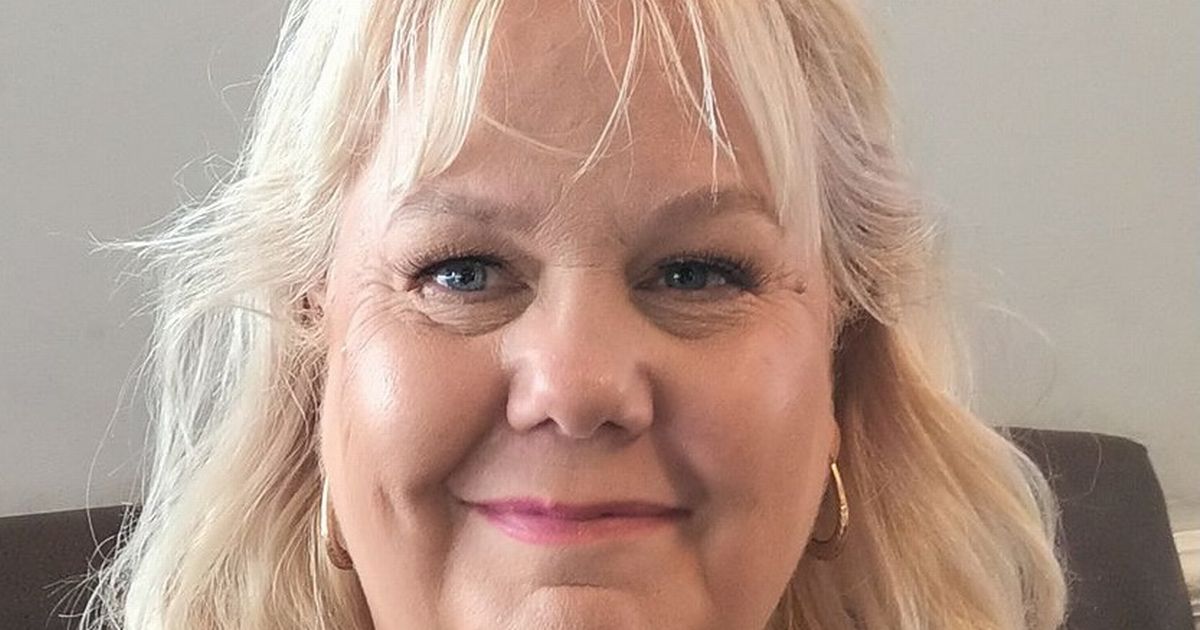Donna Jobling contracted the lung infection while staying at the Sergios Hotel Donna Jobling, 57, from Hull, contracted Legionnaires’ disease while on holiday in Crete and was in an induced coma in a hospital on the island for two weeks(Image: supplied image)
Donna Jobling, 57, from Hull, contracted Legionnaires’ disease while on holiday in Crete and was in an induced coma in a hospital on the island for two weeks(Image: supplied image)
Two reported cases of Legionnaires’ disease “associated with a history of travel to the Sergios Hotel” in Hersonissos, Crete, have been confirmed as Hudgell Solicitors said it been instructed to represent the family of Donna Jobling, from Hull. Mrs Jobling, 57, was left in intensive care after contracting the lung infection while staying at the hotel in June.
The legal firm is also representing a 43-year-old woman from South Wales, who was taken ill in May. She spent two weeks in hospital shortly after returning home following a ten-night stay at the same all-inclusive hotel, with her best friend, as part of an easyJet holiday.
As part of its legal work investigating the cases, Hudgell ’s has received confirmation from the European Legionnaires’ disease Surveillance Network (ELDSNet) of two separate reports of “travel-associated Legionnaires’ disease associated with a history of travel to the Sergios Hotel”.
Anne Thomson, of Hudgell’s, said that although notifications to the ELDSNet are not to be taken as confirmation of the Sergios Hotel being the source of the infection, it justifies further questioning of the hotel’s management and maintenance alongside the information being gathered from those affected, and their families. “This is important further information to support our ongoing investigation,” she said.
“We now have first-hand accounts from our clients and the ELDSNet confirmation of two separately reported cases of people who had stayed at the Sergios Hotel shortly before being diagnosed. These cases will be separate to any reported to the UK Health Security Agency, which does not report cases to the European body.
 Donna Jobling, right, before her illness, pictured with her niece Claire, who flew out to Crete to be with her when she was in hospital(Image: Submitted)
Donna Jobling, right, before her illness, pictured with her niece Claire, who flew out to Crete to be with her when she was in hospital(Image: Submitted)
“It certainly justifies requesting a full and transparent investigation into how water systems have been managed and maintained at this hotel, when the systems were last inspected and proved to meet the required standards, and any information the hotel has on reported illnesses of guests staying there since April of this year.”
Long period of recovery
Mrs Jobling was in an induced coma in an intensive care unit at Venizeleio Hospital for two weeks. She was flown home to the UK last month and admitted to Hull Royal Infirmary where she was subsequently diagnosed with Guillain-Barré syndrome (GBS), a rare but serious autoimmune disorder where the body’s immune system mistakenly attacks the nerves.
It is a condition which often follows a viral or bacterial infection, causing weakness and tingling in the feet and hands and respiratory issues. As a result of the impact of the syndrome, Mrs Jobling was then transferred to Castle Hill Hospital in Cottingham for treatment.
Her husband has been told she faces a six to 12 months recovery period, and that in some cases, it can take even longer.
Holidaymaker ‘thought she was going to die’
The woman from South Wales says she was taken ill shortly after returning home in May, having spent ten nights at the Sergios Hotel. Her illness gradually worsened, until she was violently sick and taken to hospital after calling 111.
“I was so ill during the first week in hospital that I thought I was going to die,” said the woman, 43. “The doctors told me I was so bad that had I been older, and had I not been as fit as I am, it would probably have killed me.
“It took them a few days to diagnose me and during that time I had a really high fever and they couldn’t get my temperature down. I was delusional, and I only started to improve when they diagnosed Legionnaires’ and put me on the right antibiotics.
“I was discharged at the start of June and I’ve slowly got better day by day. I didn’t think about taking legal advice as I’m just not that type of person, but then I saw the news about the lady who had been left fighting for her life, and I just felt so angry.”
Symptoms can be ‘flu-like’ and go undiagnosed
Caused by inhaling droplets of infected water, Legionnaires’ disease can be found in air-conditioning systems, spa pools and hot tubs, and taps and showers that are not used often, or have not been used for some time, leading to bacteria in systems. Mrs Thomson said that as symptoms of Legionnaires’ disease can be “flu-like”, with people often suffering from a cough, shortness of breath chest pain or discomfort and high-temperatures, people can contract it without realising, especially if symptoms are mild.
“Legionnaires’ disease can go underdiagnosed as people who have symptoms like a cough, fatigue or chest discomfort don’t consider it,” she said. “Without antibiotics it can lead to other serious illnesses, so the best advice would be to see a GP, mention possible exposure to legionella bacteria, and ask to be tested.”
Co-ordinated surveillance
The ELDSNet carries out surveillance of Legionnaires’ disease and is co-ordinated by the European Centre for Disease Prevention and Control. It consists of epidemiologists and microbiologists nominated by national public health authorities in the EU and many countries around the world, sharing information between countries where people became ill and the countries where their infection could have occurred.
It also has procedures to notify clusters of cases to tour operators. An easyJet holidays spokesperson said: “We’re really sorry to hear that Ms Jobling remains unwell.
“The safety and wellbeing of our customers is a priority. As this is now an ongoing legal case, it would be inappropriate for us to comment further.”

